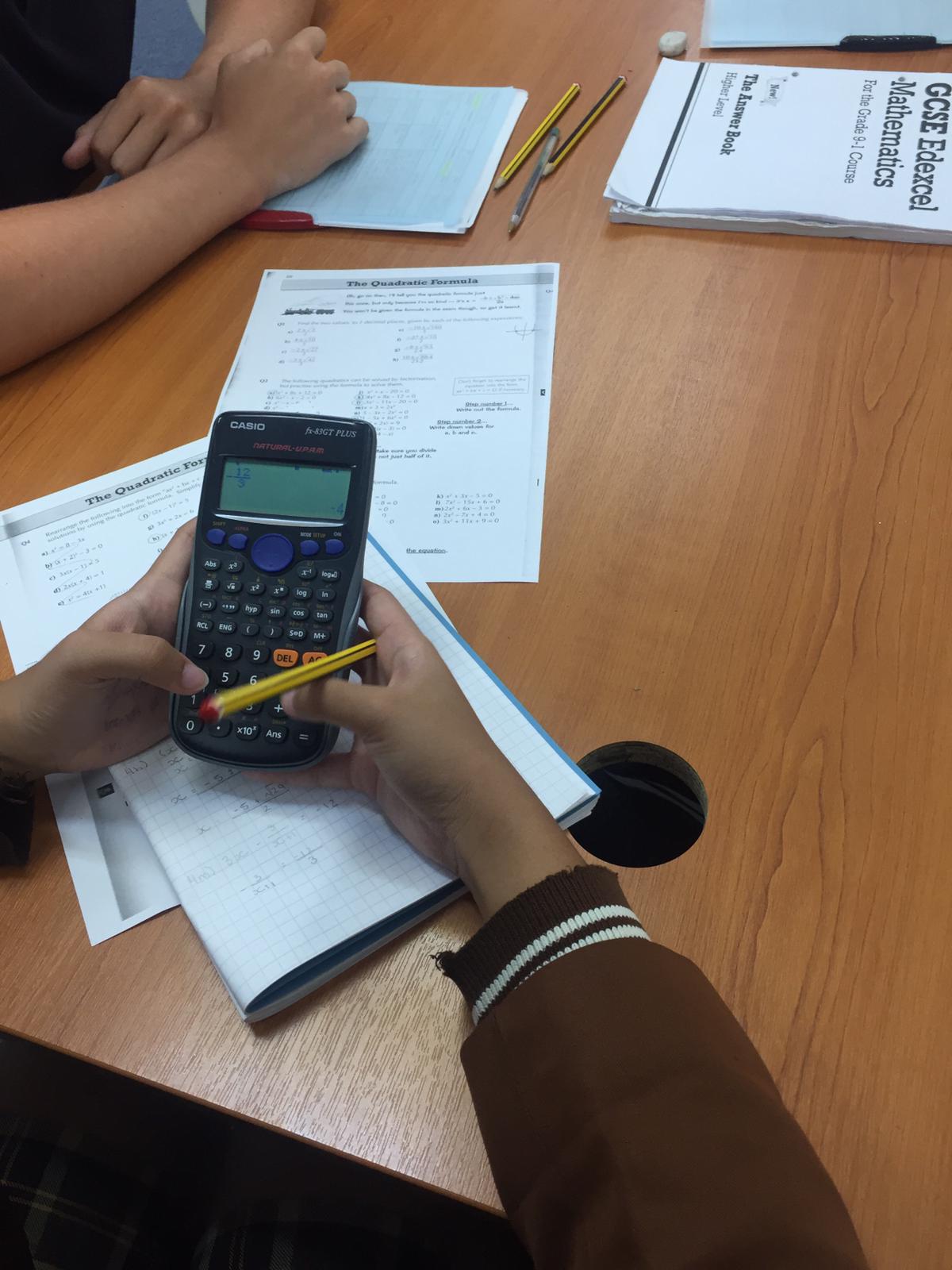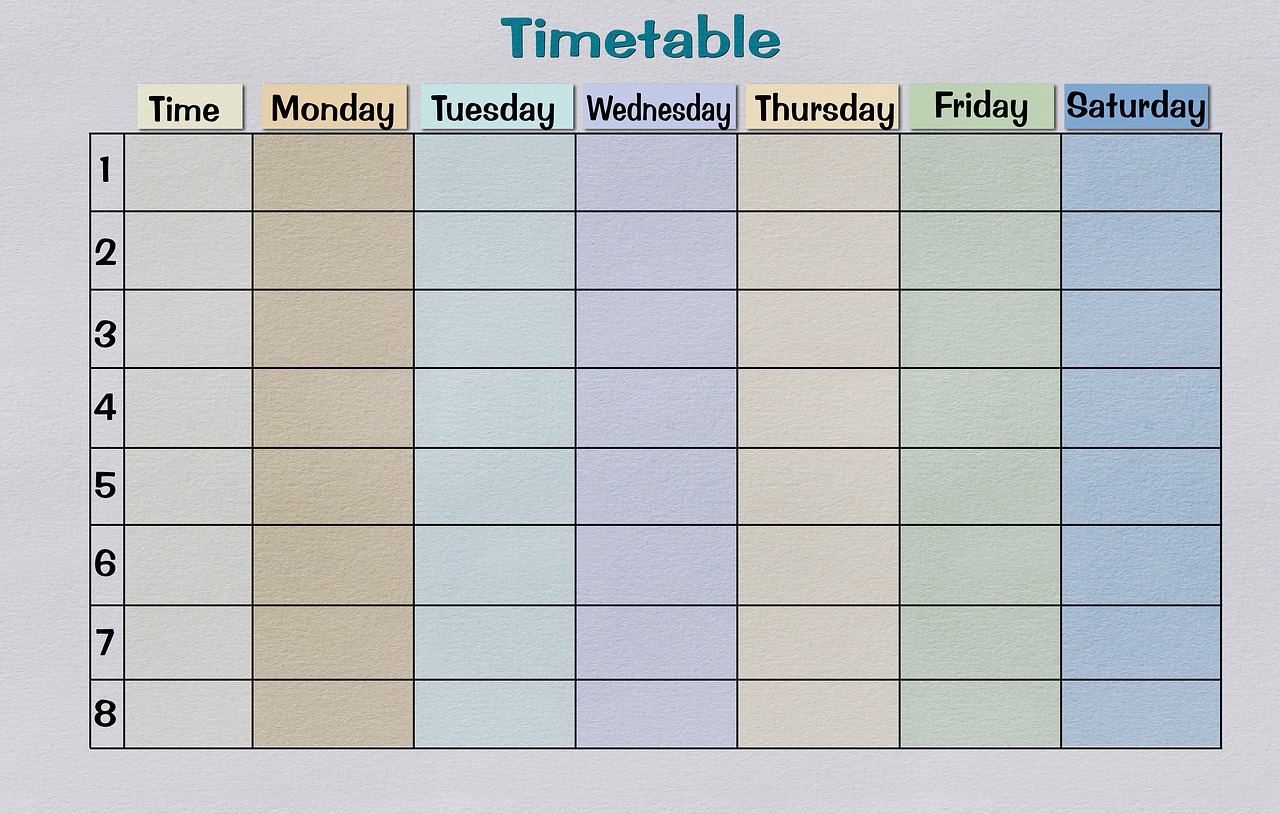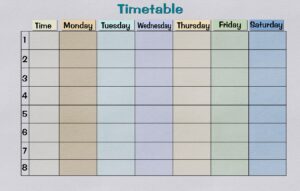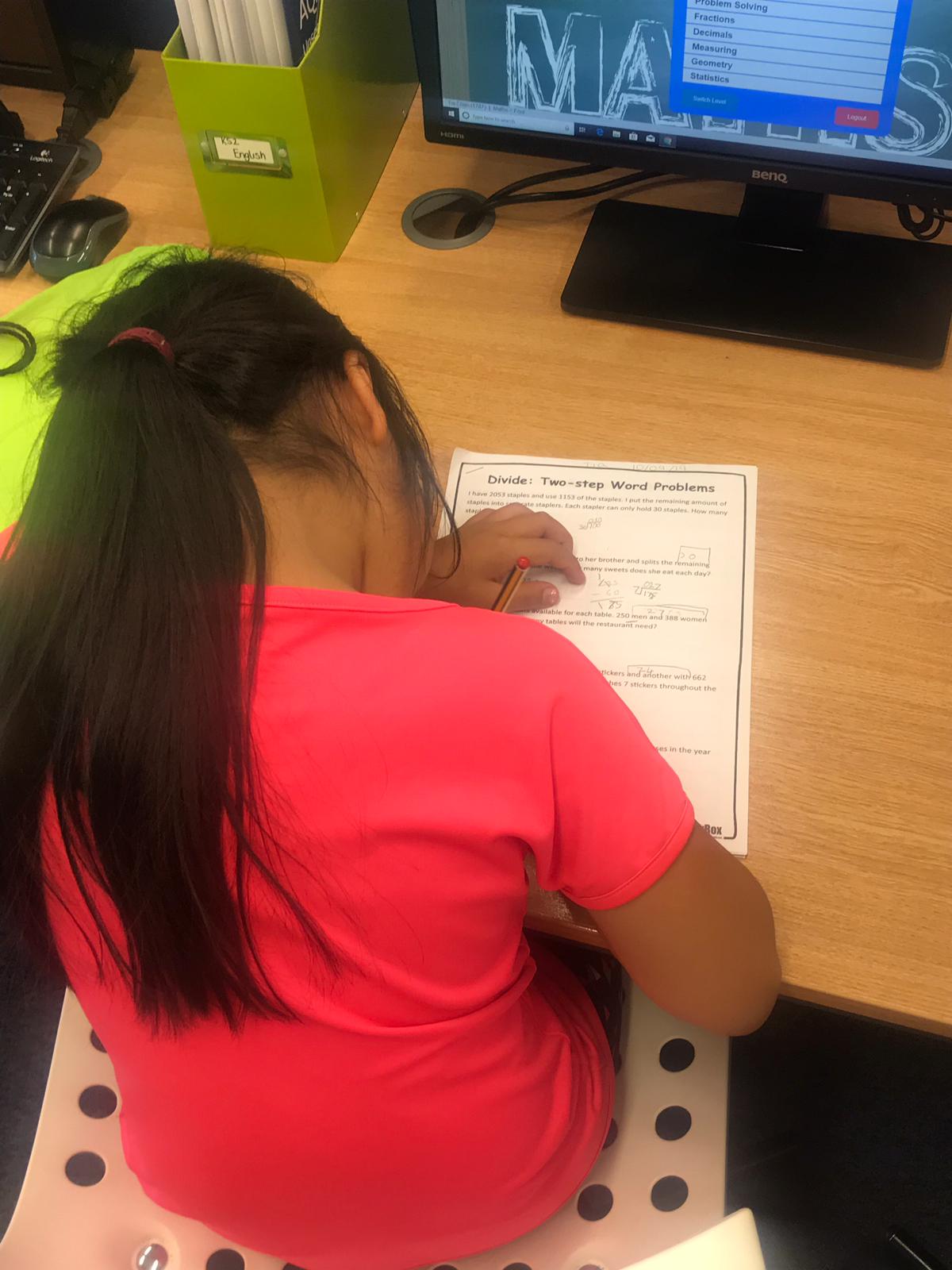How are GCSEs being evaluated this year?

Students across the country will receive their GCSE results on Thursday 20th August 2020. Although what makes this year’s results different to previous years is the way they are being graded. So this poses the all-important question, how are GCSEs being evaluated this year?
Students are currently awaiting grades from exams they were unable to sit due to the coronavirus. Instead, GCSE exam grades will be assessed based on teacher’s predictions. These predictions are then fairly moderated by the exam board.
What happens now?
Usually, students will go into school on results day to collect an envelope of their grades. However, because of social distancing, as a general rule they will receive results online. This will be either via an online portal or email. Students are unable to discuss grades with friends and say their farewells to teachers this year, unfortunately.
How are the GCSE results assessed?
After the decision was made by Ofqual in May to cancel exams, schools were told to ask teachers to assess their students on their previous academic progress. This includes mock exams, assignments and homework.
40 per cent of results are expected to be downgraded due to the algorithms predicting students’ grades.
What if I’m not happy with my results?
Students can ask their school if they have made an error when finalising and submitting their grades. If this has happened, students can appeal to the exam board. They will not be able to individually appeal their results to the exam board, however. If students are unhappy with their results, they may take their GCSE exams between the 2nd and 23rd November.
Easy ways to build children’s vocabulary

Helping your child to build their vocabulary is beneficial for a number of reasons. It improves communication, helps with pronunciation and with self-expression. There are many easy ways to build children’s vocabulary in order to help them succeed in school.
Encourage using a dictionary and thesaurus
Having a dictionary and thesaurus to hand will encourage your child to look up spellings and synonyms whenever they please. If they are stuck on a particular spelling or wish to know a word definition, you can encourage them to check for themselves in the dictionary. If your child wishes to expand their vocabulary or try creative writing, go through a thesaurus together and learn new words.
Understanding the types of vocabulary
There are four types of vocabulary:
- Listening
Hearing and understanding different words.
- Speaking
Words we use in our vocabulary when we communicate.
- Reading
Words we recognise and understand when we read.
- Writing
Words we use when we write.
Typically, a younger child’s spoken vocabulary is larger than their writing and reading vocabulary. As the child becomes older and can read confidently, their vocabulary grows in all four areas.
The two main methods of vocabulary development
There are two ways children develop their vocabulary:
Indirect methods
Most vocabulary is developed in this way.
It involves:
- Everyday conversation and speaking to other people to improve fluency with spoken English.
- Reading for pleasure. This improves vocabulary and it helps with putting words into context.
- Watching movies and listening to music. This will expand vocabulary and help with pronunciation.
Direct methods
This approach involves active learning to improve vocabulary, such as:
- Learning the formal vocabulary curriculum. This is usually taught as part of the school syllabus through learning rules of English.
- Word analysis. This is the breakdown of words to understand how words are formed and how they sound.
- Learning roots, suffixes and prefixes. Word roots help children to understand where words originate from. Suffixes are the end of a word and follow a pattern, for example ‘-ing’ or ‘-ed.’ Prefixes come before the word, like ‘un-’ and ‘dis-‘ to change the word meaning.
3 top tips to prevent summer learning loss

The summer holidays allow children to unwind and have fun after a year of learning. This year especially, as many children are having to work from home during a pandemic. Despite this, it is important to keep up to date with learning!
Going over the school syllabus with your child every so often will help to prevent summer learning loss. Help them to understand anything they are stuck on, so they can get a head start for the new academic year.
Try our 3 top tips to prevent summer learning loss:
Make time for reading
Putting aside a few hours a week for reading is highly beneficial for your child. It will improve their vocabulary, improve their communication and help with writing skills. Encourage them to write down all the new words they’ve learnt and use it in their vocabulary.
Practice papers
There are plenty of free practice papers online for every year group. This is an easy way for your child to practice the English, Maths and Science syllabus. You can monitor your child’s progress by giving them regular practice papers to complete and marking it together. Go through the incorrect answers together and help your child to understand where they went wrong.
Make learning fun
During the summer holidays, the thought of learning might not be the most exciting for your child. But learning can be made fun! There are educational apps and websites to try, you can make up learning games, or watch something educational together. Making learning interactive will involve your child in the learning process and help them to retain information.
How to motivate your child to learn

Learning doesn’t have to just be inside the classroom. Motivating your child to learn at home is just as important. There are many ways for how to motivate your child to learn.
Children learn in different ways and there’s no one-size-fits-all with learning. All children need are a can-do attitude and enthusiasm to learn.
Try these tips for how to motivate your child to learn:
Create a learning environment
Creating a space where your child can associate with learning will help them to get into the right mindset. It can be any space with a desk and a calm environment. Perhaps keep their textbooks and stationery here too, so the space is always set up to learn. Your child will associate this place with where they go to learn.
Find their learning style
Every child has a different learning preference and style that works best for them. Some have one learning style, while other children have multiple ways that work for them. Helping your child to discover what learning style works for them will help motivate them with learning. There are seven types of learning styles, read about them here.
Make learning fun
Try playing games with your child to make learning interactive and enjoyable. It combines non-cognitive skills with learning and will encourage your child to learn. There are many types of games you can play with your child depending on the subject. If your child needs to practice spelling, you can play scrabble. For practicing maths, you can play maths bingo with equations to solve on each square.
Preparing your child for secondary school

Preparing your child for secondary school is a new milestone in their lives. They will have newfound independence and more responsibilities.
It can be a scary thought for children, as it is a big change in their life. It means new teachers and new friends, different classrooms and subjects.
So, as a parent, how can you help your child prepare for this next big step?
Preparing your child for secondary school has never been easier with these 3 tips:
-
Help them to be independent
Your child will need to learn to be more independent and do more for themselves. This can be small things at first, like preparing their own lunch, or packing their bag themselves. If they will be travelling to secondary school alone, take the journey with them. This will help them to become familiar with the route.
-
Help your child to prepare
In order to make their transition to secondary school smooth, ensure your child is fully equipped for when they start. This means making sure they complete any work they have been set. They may also need new textbooks, more stationary and a new uniform.
-
Be there to listen
Your child may have worries or concerns with starting secondary school. It is a new start, which can seem a little daunting. Be there to listen and talk to them about anything that’s on their mind. Reassure your child that everyone is in the same position and it is an exciting new chapter in their lives.
3 fun writing prompts for children

Introducing children to writing will boost their creativity and English skills. It is also a fun way to pass the time at home!
Writing is a skill for life, which is why it’s beneficial for children to practice from a young age. It will come in handy for essay writing, communication and even expression.
Encourage creative writing by trying these 3 fun writing prompts for children:
Write a letter:
Letter writing is a good skill for children to practice. There are many different types: thank you letters, job applications, letters of complaint – everyone will have to write a letter at some point in their lives.
Writing in this format is a transferrable skill, as it is similar to writing emails, which are more common than letter writing.
As a fun exercise, ask your child to write a letter to someone. It could be to a relative, friend, or even their favourite character in a book or film.
Introduce them to the layout of a letter. Address the recipient a the top: Dear…
Then introduce the subject, write in the first few lines what the letter is about.
Remember to sign it off at the end. Show your child the many ways they can sign off a letter: Sincerely, Kind regards, Best wishes…
Write a to-do list:
A to-do list is a good way to practice writing, whilst giving your child a responsibility.
Ask them to write a list of things they need to complete for the week. Get them to write it the weekend before, so they have the list for the start of the week.
This will provide your child with a structure for their week, giving them the satisfaction of ticking off a task once it’s complete.
Create an occasion card
If there’s an occasion coming up, like a birthday, anniversary, wedding, and so on – ask your child to make their own card. They can design the front according to the occasion and personalise the inside.
If there’s no upcoming occasions, your child can make a fictional card for a character they like. They can design the card around that character and personalise it to them specifically.
How to make a timetable for schoolwork

The most effective learners have a routine and stick to it. This involves creating a plan and scheduling everything according to it.
For children, it is especially important to get into a routine in order to get schoolwork done and improve time management.
Creating a timetable is an effective way to keep on top of tasks and schoolwork.
Here is how to make a timetable for schoolwork:
Create a timetable according to your child’s learning style:
- Knowing how your child works best will help them to learn more productively.
- For example, visual learners work best by being able to see information. A timetable can be enhanced with images and colours to make it visually appealing. It can be colour coded, the same subjects can be in one colour, for example all maths schoolwork can be blue.
- A physical learner can write out their timetable every week. This will help your child to be aware of what they need to complete.
Set realistic goals
- If the tasks that are being set are realistic, they will be more achievable. More progress will be made if the workload isn’t overwhelming for your child.
- Start by identifying what needs to be completed. You can do this by going through homework, revision and other tasks, and making a list.
Creating a timetable
- Choose your child’s preferred timetable layout.
It could be a list:
Monday:
Tuesday:
Wednesday:
Thursday:
Friday:
Or a timetable:

- Then delegate different slots per subject or task.
- Choose the amount of time spent per task. The subjects that your child finds more challenging could have a larger time slot than the easier ones.
Remember to be realistic with the amount of time your child spends on their work. And set aside time for resting and relaxing, too
Tips for engaging your child’s mind at home

Learning from home has become the norm for many children this year. A lot of parents find themselves wondering what activities they can use for engaging their child’s mind at home.
It can be challenging coming up with new activities for children every day, but there are plenty of learning materials and games to play at home.
Try these tips for engaging your child’s mind at home:
Learning apps and websites
- Using technology to help children’s education is an effective way to learn from home.
- There are loads of educational apps and websites for children that are cheap and even free.
- There are learning apps and websites for every subject matter, including English, Maths, Science, and even coding!
- Apps and websites for learning are engaging and interactive for children, which makes learning enjoyable.
Learning new skills around the house
- Children can learn life skills from home at any age. There are many activities that parents and children can do at home together.
- Cooking and baking are fun and hands-on, whilst also being a useful skill to learn. It teaches children how to measure out ingredients, using maths skills. As well as reading recipes, using English.
- Activities like gardening with children are exciting and therapeutic. It also gives them a break for technology, encouraging children to spend time outside.
Tracking your child’s progress
- It can be tricky for parents knowing where their child is at with their learning. Especially with many parents adopting more of a teacher role, following the recent closure of schools.
- Parents can make tests for their child to complete regularly. These can be spelling tests, times tables, and so on.
- When the parent is marking their child’s test, they can see where they struggle and how to assist more in those areas.
- There are also tests online which children can complete, to save busy parents a bit of time.
3 ways children can learn and develop skills at home

The education system has changed a little this year due to COVID-19. A lot of exams have been cancelled and pupils across the country have had to learn from home.
With children adapting to learning from a different environment, there are skills that can be developed from the comfort of your own home.
Here are 3 ways children can learn and develop skills at home:
-
Reading
- Reading is great for enhancing your child’s development. It is easy to practice regular reading from home, too.
- Ask your child to write down a list of new words they discover. Then look up the word in the dictionary together and get them to write it down and learn it.
- Establish a regular routine to ensure they read often. This could be half an hour every morning or evening.
- If your child is stuck with pronunciation, help them to break down the word and sound it out. This way, their phonics will be improved.
-
Coding
- Coding is a great new skill for children to learn. Especially as they are growing up with and surrounded by technology.
- There are many apps and websites which will serve as a great introduction to teaching children coding.
- Coding has many transferrable skills, including problem solving, learning sequences and logical thinking.
-
Critical thinking
- Introducing critical thinking to children at an early age teaches them to think for themselves. It is a life skill, learning how to solve problems independently through logic.
- Instead of asking “what?”, encourage children to use “how?” and “why?” These sorts of questions require more in-depth answers. It also teaches children to challenge concepts more.
- By prompting children to ask more in-depth questions, critical thinking also ensures that they make their own judgments.
5 tips for teaching your children spellings

Learning spellings is important for all children. It is beneficial for many things, including reading, writing and pronunciation.
As a parent you can make spelling fun when testing your children on their spellings at home.
Try our 5 tips for teaching your children spellings:
1. Group words with similar spelling patterns so they can be remembered easily.
For example, words ending in -ough can be grouped together: tough, rough, enough, cough… This will help your child with letter patterns, too!
2. Colour code spellings for easier memorisation
By colour coding spellings it makes them more visual and fun to learn. You can group spellings with different colours, for example grouping the same letter patterns can help these to be remembered easier.
3. Keep a record of the spellings your child finds challenging. Then you can test these spellings repeatedly until your child gets them right.
You can keep a note of the trickier spellings so they can be referred to and practiced regularly.
4. Carry out regular spelling tests with your child.
By doing a spelling test every week their spelling should improve. This will teach them a range of new spellings. Try to vary them, so there is a variety of different word being learnt.
5. Why not try spelling games?
- You can play spelling catch. Throw a ball to your child and shout out a word. They must then spell that word once they receive the ball.
- Hangman is good for learning spelling. Start off by thinking of a word. Write the amount of lines in place of where the letters for the word would go. Then the other players must guess one letter at a time. You must make a hangman gradually for every letter that is guessed incorrectly. Every letter that is correct goes on the lines to make the word. You can use trickier spellings, allowing your child to spell out the word.
- Or give your child a spelling. From this spelling, they must spell a new word from the last letter of that spelling. This should result in a long list of words!
- For example:
Because
Element
Tedious
Suspicious
